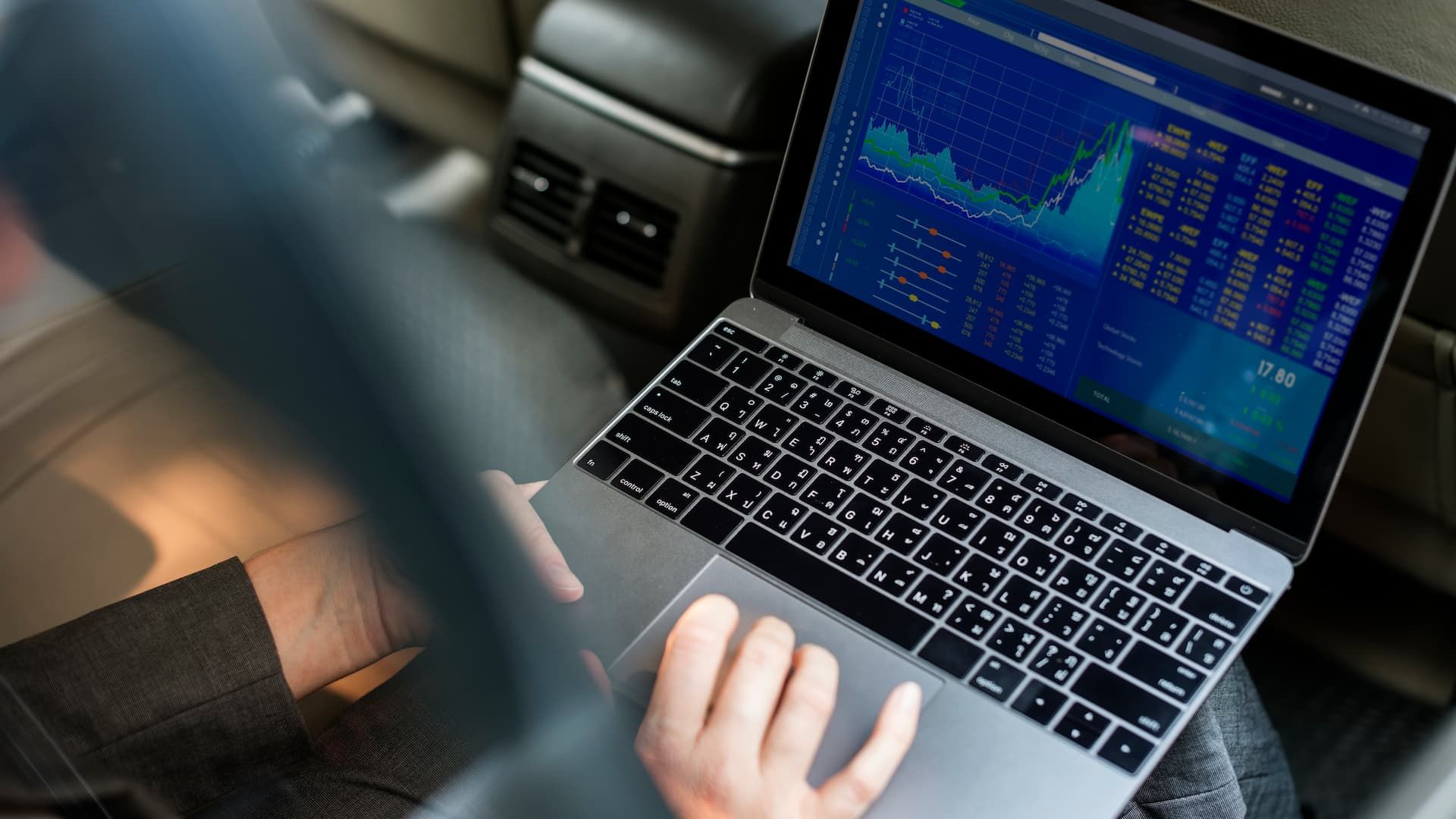What is a Demo Account?
Learn about demo accounts, their benefits, and how to use them to practice trading and develop risk-free strategies on 24markets.com.

A demo account is a virtual trading environment offered by brokers that allows traders to practice trading with simulated funds. It replicates the real trading experience without financial risk, providing a valuable tool for honing trading skills and strategies. Learn how to use a demo trading account effectively! A demo account lets you practice with virtual funds, test strategies, and explore platforms before risking real money.
1. Understanding Demo Accounts
Definition and Purpose
A demo account, sometimes referred to as a practice or simulated account, provides traders with a way to engage in trading activities without risking real money. Here’s a detailed look at its core aspects:
-
Virtual Funds: When you open a demo account, you are provided with a set amount of virtual money. This virtual capital mimics real trading conditions, allowing you to place trades and manage positions as you would with a live account. The use of virtual funds helps you experiment and learn without financial consequences.
-
Real Market Conditions: Demo accounts are designed to simulate live market conditions. This includes real-time price data, market volatility, and execution of trades. By using a demo account, you can experience the dynamics of the market and the impact of your trading decisions in a risk-free environment.
For a closer look at different trading environments, refer to the Trading Basics page on 24markets.com.
Features of a Demo Account
Demo accounts come equipped with several features that mirror those found in live trading environments:
-
Access to Trading Tools: Demo accounts typically offer the same range of trading tools and features as live accounts. This includes advanced charting tools, technical indicators, and risk management options such as stop-loss and take-profit orders. Familiarizing yourself with these tools helps in making informed trading decisions.
-
Simulated Orders: You can place various types of orders, including market orders, limit orders, and stop orders. This functionality allows you to practice different order types and understand their effects on your trades. For detailed information on order types, visit the Trading Tools section.
2. Benefits of Using a Demo Account
Risk-Free Practice
One of the most significant advantages of a demo account is the ability to practice trading without financial risk:
-
Learn the Basics: New traders can use a demo account to get familiar with essential trading concepts and terminology. This includes understanding market orders, reading charts, and interpreting financial news. It’s a practical way to build a solid foundation in trading.
-
Test Strategies: For experienced traders, a demo account offers a platform to test and refine trading strategies without risking real capital. You can experiment with different approaches, evaluate their effectiveness, and make adjustments as needed. This iterative process helps in developing a robust trading strategy.
For more insights on developing trading strategies, visit the Trading Strategies page.
Familiarization with Trading Platforms
Using a demo account helps you become proficient with trading platforms:
-
Explore Platform Features: Get hands-on experience with the platform’s features, such as order placement, chart customization, and managing trade positions. This familiarity is crucial for executing trades efficiently in a live account.
-
Practice Order Execution: Learn how to place and manage trades, including setting stop-loss and take-profit levels. Understanding these features in a demo environment helps you avoid costly mistakes when trading with real money.
For details on trading platforms and their features, see the Trading Tools page.
Building Confidence
A demo account helps build confidence in your trading abilities:
-
Eliminating Financial Pressure: Trading with virtual money removes the psychological stress associated with real financial loss. This allows you to focus on learning and improving your trading skills without the fear of losing real capital.
-
Gaining Experience: Accumulate valuable trading experience and insights into market behavior. This experience helps you make better decisions when transitioning to live trading.
For tips on building confidence and handling trading psychology, check out the Trading Basics page.
Evaluating Brokers
Demo accounts are useful for assessing brokers and their offerings:
-
Testing Broker Services: Evaluate the broker’s platform stability, execution speed, and customer support by using their demo account. This helps you determine if the broker meets your trading needs and preferences.
-
Comparing Features: Compare various brokers based on their features, such as spreads, fees, and available trading tools. A demo account allows you to make an informed decision before committing to a live account.
For guidance on selecting a broker, visit the Why 24markets.com page.
3. How to Use a Demo Account Effectively
Set Clear Goals
To maximize the benefits of a demo account:
-
Define Objectives: Set specific goals for what you want to achieve with the demo account, such as mastering a particular trading strategy or becoming proficient with a specific trading tool.
-
Track Progress: Monitor your performance regularly and assess your progress towards achieving your goals. This helps you identify strengths and areas for improvement.
For tips on setting and achieving trading goals, see the Trading Basics page.
Transition to Live Trading
When you’re ready to transition from a demo account to live trading:
-
Start Small: Begin with a small amount of real money to ease into live trading. This helps you adapt to the emotional aspects of trading with real capital.
-
Apply Lessons Learned: Use the knowledge and strategies developed during your demo trading to make informed decisions in live markets. Apply the insights gained to improve your trading performance.
For advice on transitioning to live trading, visit the Trading Strategies page.
4. Conclusion
A demo account is an invaluable tool for traders at all levels. It provides a risk-free environment to practice trading, learn new strategies, and become familiar with trading platforms. By effectively utilizing a demo account, traders can enhance their skills and build confidence before moving to live trading. For further resources and tools to support your trading journey, visit 24markets.com and explore the Trading Basics and Trading Tools pages.
TAGS
Latest Education Articles
Show more
Earnings Reports and Equity CFDs

Trend vs. Range Strategies

Trading Breakouts vs. Pullbacks

Hedging Basics for Intermediate Traders
Take your trading to the next level.
Join the broker built for global success in just 3 easy steps. A seamless experience built for traders who value speed and simplicity.

Create Your Account

Make Your First deposit
